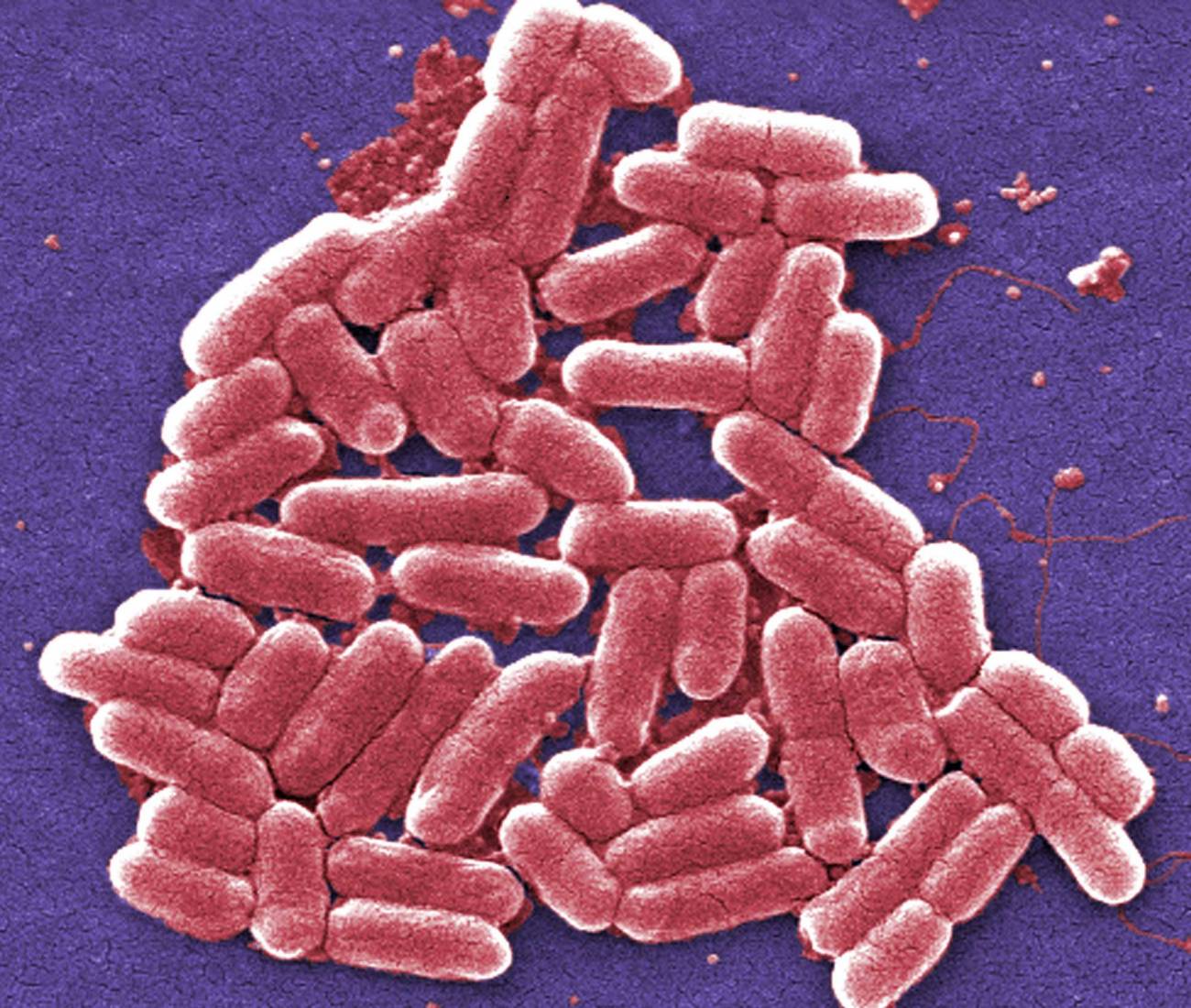The increase in colorectal cancer in young adults could be due to a bacterial infection in childhood
A study published today in Nature with the participation of the CNIO points to the bacterial toxin colibactin, produced by some strains of Escherichia coli, as a possible culprit in the increase in early-onset colorectal cancer. The study shows that exposure to the toxin during early childhood leaves a genetic signature in colon cells and demonstrates a substantial increase in these mutations in cases of colorectal cancer in people under 50.

Isabel Portillo - cáncer colorrectal CNIO EN
Isabel Portillo
Screening Coordinator at Osakidetza -Basque Health Service, researcher in the Cancer Biomarkers group at the Biobizkaia Health Research Institute, and secretary of the Board of Directors of the Spanish Epidemiology Society
Does the press release accurately reflect the study?
“Yes, it reflects the issue and the possible association with a biomarker that was under study.”
Is the study of good quality?
“Yes, it presents a well-founded discussion and acknowledges the uncertainties and the need for further studies to confirm and demonstrate the role of the microbiome and its potential beneficial effect, although the association of colibactin with colorectal cancer in young people and in other age groups requires more retrospective and prospective research. It’s surprising that there is no mention of possible environmental and dietary risk factors or healthy habits, which are also related.”
How does this work fit in with the existing evidence?
“It is new evidence of a possible marker associated with colorectal cancer.”
Have the authors considered confounding factors?
“They have been considered; however, the focus is more on genetic analyses than on the interaction with other factors.”
What are the real-world implications?
“Basic research. It is still too early to say that there is only one biomarker, or whether it can be neutralized and how."
I believe this research is highly relevant for advancing our understanding of the origin and development of cancer (both colorectal cancer and others related to the same markers).
Julian Peto - cáncer colorrectal jóvenes EN
Julian Peto
Professor of Epidemiology, London School of Hygiene & Tropical Medicine
The paper shows that mutational signatures in colorectal cancer vary between countries, which is good evidence of regional differences in environmental exposures. However, the observation that colibactin signatures are commoner in young colorectal cancers is not good evidence that increasing colibactin exposure is an important cause of the recent increase in colorectal cancer in successive generations born since the 1950s. An equally plausible explanation of these data is that the incidence of colorectal cancers (CRCs) caused by early exposure to colibactin (like CRCs caused by inherited APC mutations) rises less steeply with age than for the majority of CRCs. Their hypothesis should be tested by similar studies on stored histology samples from CRCs diagnosed in successive periods. That would show whether there has been a secular increase in the proportion of CRCs with these signatures.
Díaz-Gay et al.
- Research article
- Peer reviewed
- People



